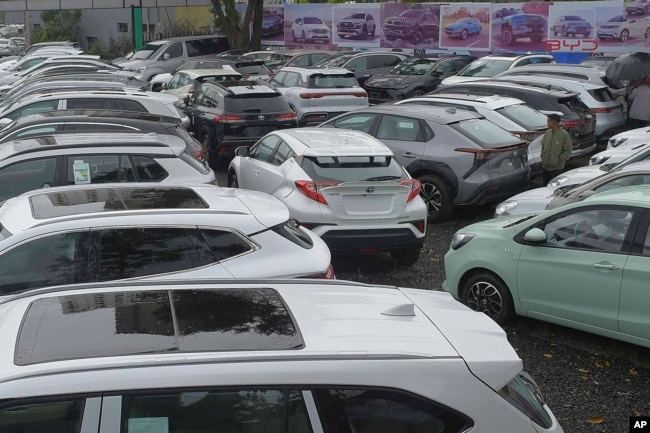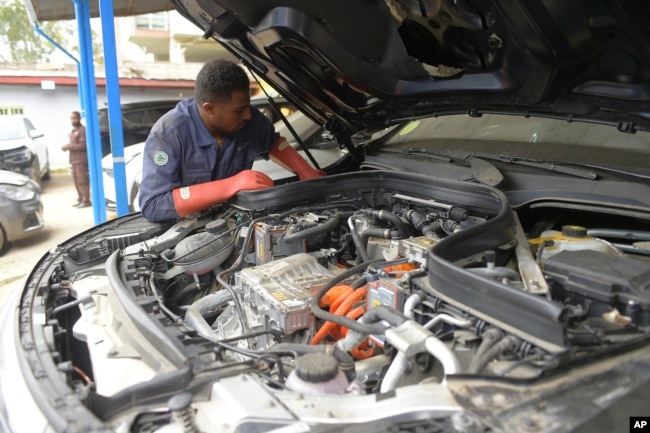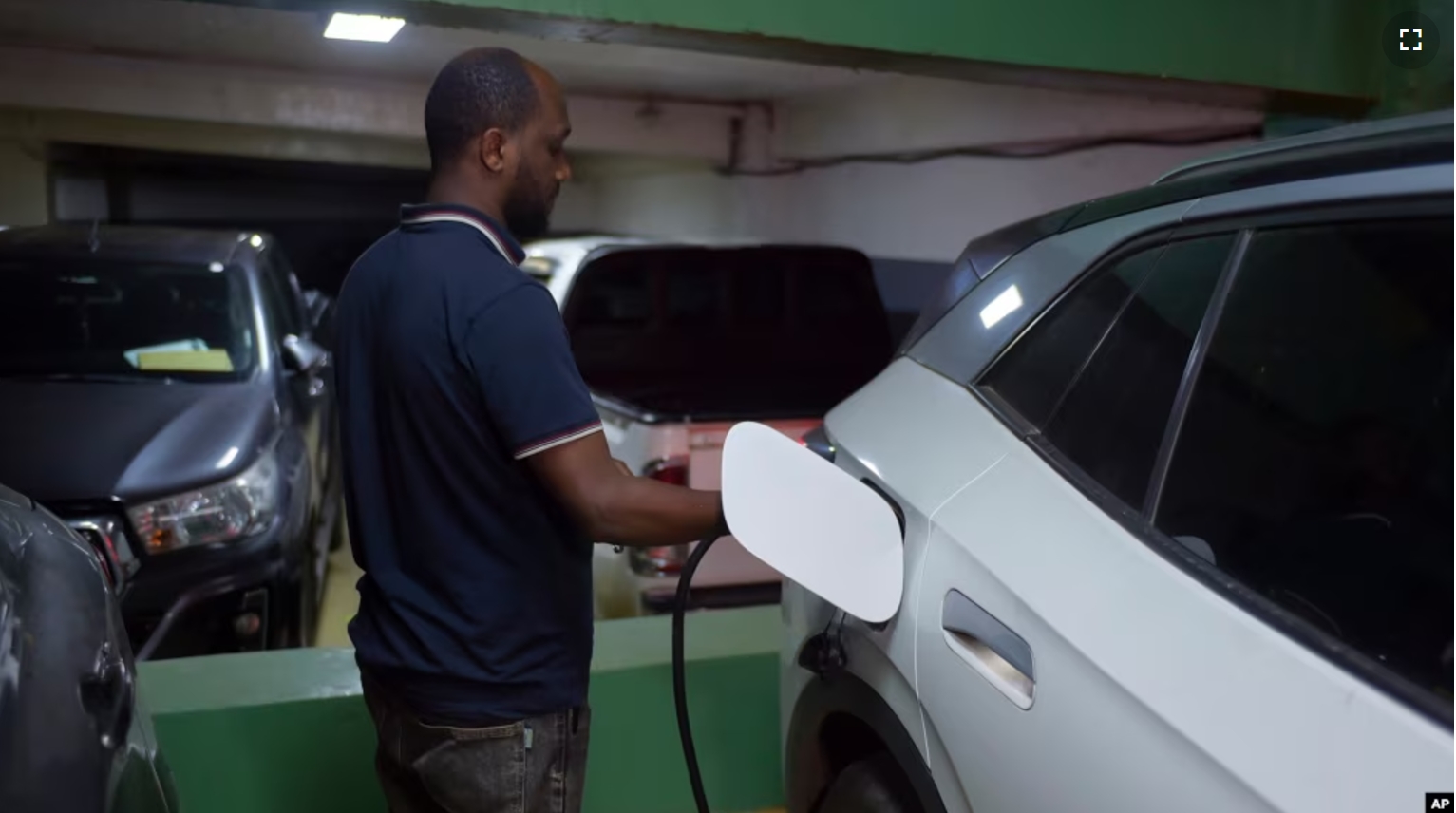As the price of fuel increased greatly in Ethiopia earlier this year, Awgachew Seleshi decided to buy an electric vehicle, or EV. The decision follows government efforts to slowly remove gas-powered vehicles from the roads.
Months later, Seleshi is not sure whether it was the right decision. He now faces an uneven supply of electricity and a lack of parts for repair. He told the Associated Press that imported parts from China are costly and, “few mechanics are able to fix such cars and the resale value of such cars is poor.”
Seleshi’s problems are like those of many in Ethiopia.
Ban on non-electric private vehicles
In January, the East African country became the first in the world to ban imports of non-electric private vehicles. The decision eased pressure on the government’s use of limited foreign currency to lower the cost of fuel.
In early October, Ethiopia’s government raised the price of fuel by up to 8 percent as part of a plan to slowly end fuel subsidies in Africa’s second-most populous country.
Officials say more than 100,000 electric cars are imported into the country each month. And the government hopes to increase that number by 2030. By that time, the country’s new dam on the Nile River is expected to produce electricity at full power.
Ethiopian Prime Minister Abiy Ahmed said earlier this year that the Grand Renaissance Dam will start producing more than 5,000 megawatts of electric power within a year. Officials say such a production level would support the move to electric vehicles.

Repair services
For now, many in Addis Ababa, a city of more than 5 million people, think the country is not ready to provide enough charging stations and repair services.
The few service station owners who can fix broken electric vehicles say they have too much work. And the EV owners say they are overcharged by repair shops because of a lack of competition. Many EVs are now parked, waiting for parts to come from China.
Bareo Hassen Bareo is the transport minister. Bareo believes Ethiopia can be a model nation with a green economy, especially with the move toward electric vehicles. He said that the government will invest in public charging stations and has plans to manufacture EV batteries to reduce imports. Private efforts to manufacture EVs with South Korean carmaker Hyundai in Ethiopia, however, have collapsed over sourcing of materials.

Charging stations
Samson Berhane, an economist based in Addis Ababa, said the sudden flood of EVs into the country makes it difficult for owners to find charging stations. But, he believes Ethiopia can provide enough electricity for EVs within the next 10 years while meeting its industrial goals.
Some Ethiopians are already giving up on electric vehicles.
Yared Alemayehu sold his Chinese-made EV at a loss and bought a used Toyota Corolla. He said the EV “frequently broke,” and the repair shop “was overcharging.”
Taxi driver Dereje Hailu said he had high hopes for his Chinese-made EV earlier this year. But now, he says, “With such a car, I fear I might be stuck if I go far from Addis Ababa, where there are no charging stations,”
I’m Jill Robbins.
Samuel Getachew reported this story for the Associated Press. Jill Robbins adapted it for Learning English.
______________________________________________
Words in This Story
mechanic – n. a person who repairs machines (such as car engines) and keeps them running properly
currency – n. the money that a country uses; a specific kind of money
subsidy – n. money that is paid usually by a government to keep the price of a product or service low or to help a business or organization to continue to function
resale – n. the act of selling something that you have bought
give up – phrasal verb. to stop having, doing, or using (something)
stuck – adj. difficult or impossible to move from a position
